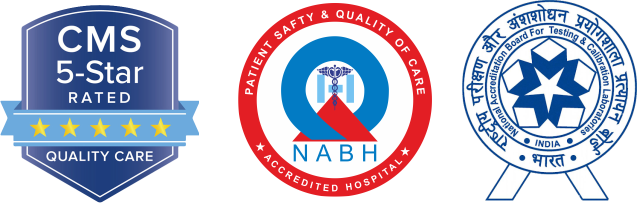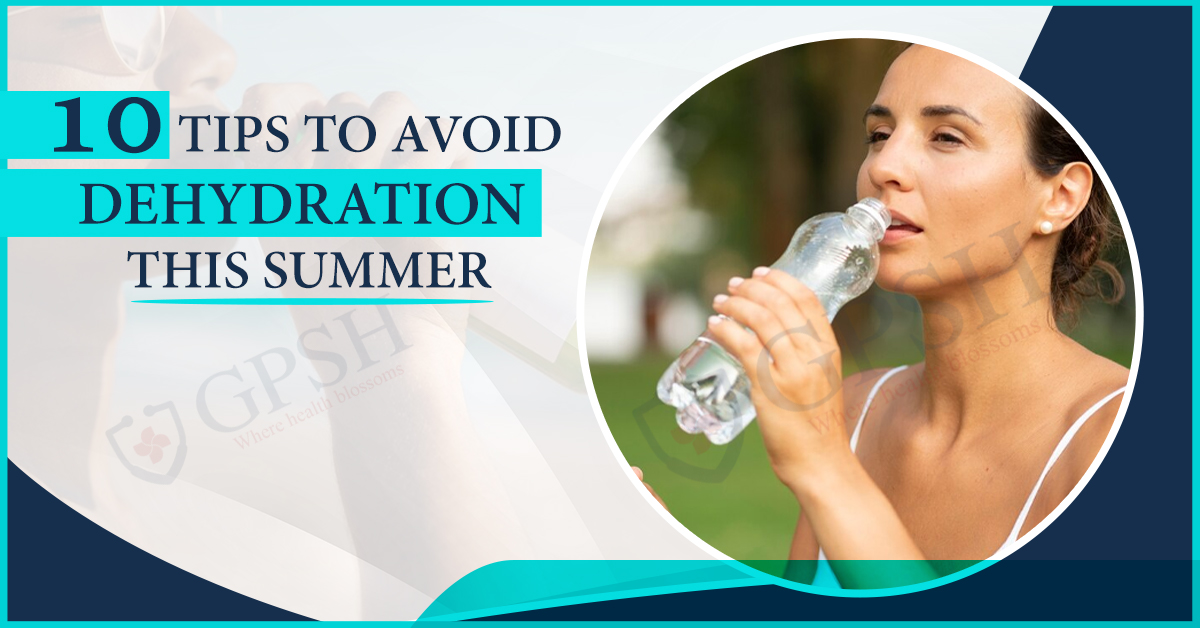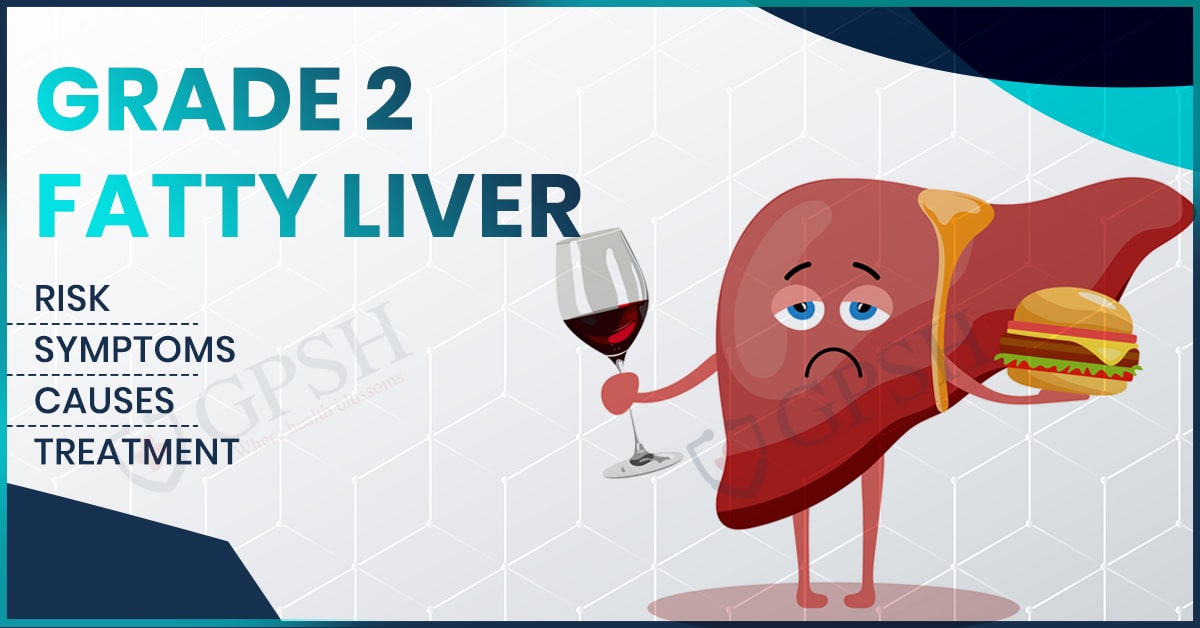Introduction
Dehydration occurs when the body loses more fluids than it takes in, leading to an insufficient amount of water and essential electrolytes to perform its normal functions. This condition can result in symptoms such as dry mouth, dizziness, and fatigue, and in severe cases, it can lead to more serious health complications. Dehydration is particularly prevalent during the summer months when higher temperatures and increased physical activity can cause the body to lose fluids more rapidly through sweat. Staying hydrated is crucial during this time to maintain health and prevent dehydration-related issues. In the following sections, we will explore practical tips to help you stay hydrated and avoid dehydration during the summer.
Causes of Dehydration and Impact on India’s Geo-Location
One of the primary causes of dehydration is inadequate fluid intake relative to the amount of fluid lost from the body. This imbalance can occur due to several factors such as excessive sweating from physical activity or high temperatures, diarrhea, vomiting, or increased urination from conditions like diabetes or certain medications. When the body loses more water and electrolytes than it takes in, it disrupts essential bodily functions and can lead to dehydration.
India faces unique challenges regarding dehydration due to several factors:
- Climate: Many regions in India experience extremely hot and dry climates, especially during the summer months. High temperatures increase the risk of dehydration through increased sweating and fluid loss.
- Access to Clean Water: Despite improvements in recent years, access to safe and clean drinking water remains a challenge in certain rural and urban areas of India. This can hinder efforts to maintain adequate hydration levels.
- Sanitation and Hygiene: Issues related to sanitation and hygiene can lead to waterborne diseases like diarrhea, which can cause significant fluid loss and dehydration, particularly in vulnerable populations such as children and the elderly.
- Health Infrastructure: Variations in healthcare infrastructure and access to medical facilities can impact the timely treatment of dehydration and related complications in remote and underserved areas.
- Cultural Practices: Dietary habits and cultural practices can sometimes influence fluid intake patterns, potentially contributing to dehydration risk, especially in communities where traditional beverages may not adequately replace lost fluids during hot weather or strenuous activities.
You can read also:- High Cholesterol: Symptoms, Causes and Treatment
10 Tips to Avoid Dehydration
Here are ten tips to help you avoid dehydration, especially during the summer:
1. Drink Plenty of Water:
- Water is essential for various bodily functions, including temperature regulation, digestion, and waste elimination. The recommended daily intake is around 2.7 liters for women and 3.7 liters for men, including all beverages and food.
- Water makes up about 60% of the human body and is vital for maintaining homeostasis. It facilitates cellular functions, nutrient transport, and waste removal. Dehydration can impair these processes, leading to symptoms like headache, fatigue, and confusion.
2. Eat Water-Rich Foods:
- Consuming fruits and vegetables with high water content helps keep you hydrated. Foods like watermelon, cucumbers, and strawberries are excellent choices.
- These foods contain significant amounts of water, which contributes to your overall fluid intake. Additionally, they provide essential vitamins and minerals, which aid in maintaining electrolyte balance and supporting metabolic processes.
3. Avoid Sugary and Caffeinated Beverages:
- Drinks like soda, coffee, and alcohol can increase fluid loss and contribute to dehydration.
- Caffeine and alcohol are diuretics, meaning they increase urine production, which can lead to a net loss of fluids. Sugary drinks can also lead to a higher osmotic load, pulling water out of cells and into the gastrointestinal tract, which can contribute to dehydration.
4. Use Electrolyte Solutions:
- During intense physical activity or extreme heat, drinking beverages that contain electrolytes, such as sports drinks, can help replenish the salts lost through sweat.
- Electrolytes (like sodium, potassium, and chloride) are crucial for maintaining fluid balance, muscle function, and nerve signaling. During heavy sweating, the loss of these electrolytes can disrupt these processes, and replenishing them helps maintain optimal body function.
5. Carry a Water Bottle:
- Having a water bottle with you at all times makes it easier to drink water regularly and stay hydrated.
- Keeping water readily accessible increases the likelihood of regular consumption, which helps maintain steady hydration levels. It also helps track how much water you’ve consumed throughout the day.
6. Take Breaks in the Shade:
- Taking breaks in shaded areas or indoors helps reduce the risk of overheating and excessive sweating.
- Exposure to high temperatures increases the body’s need to cool down, primarily through sweating. Reducing exposure to direct sunlight minimizes fluid loss through sweat, helping to conserve body water.
7. Dress Appropriately:
- Wearing light, loose-fitting clothing and a hat can help protect you from the sun and reduce sweating.
- Light-colored and loose-fitting clothing reflects sunlight and allows air circulation, which aids in cooling the body. A hat provides shade, reducing direct heat exposure to the head and face, which are sensitive areas for temperature regulation.
8. Monitor Urine Color:
- Checking the color of your urine can help gauge your hydration status. Light yellow usually indicates good hydration, while darker urine suggests you need to drink more fluids.
- Urine color is a practical indicator of hydration. When adequately hydrated, the kidneys excrete excess water, resulting in lighter-colored urine. In contrast, dehydration leads to concentrated urine, which appears darker due to higher levels of waste products and less water.
You can read also:- Heart Failure vs Heart Attack: what’s the difference
9. Set Reminders:
- Using alarms or apps to remind yourself to drink water can help ensure you maintain proper hydration, especially if you tend to forget.
- Consistent hydration habits can prevent dehydration. Regular reminders can create a behavioral routine, reducing the risk of forgetfulness and encouraging frequent fluid intake.
10. Stay Hydrated During Exercise:
- Drinking water before, during, and after physical activity helps replace fluids lost through sweat and maintains performance levels.
- Physical activity increases the body’s demand for water due to increased sweating and higher metabolic rates. Staying hydrated supports muscle function reduces the risk of heat-related illnesses, and maintains endurance and cognitive function during exercise.
Conclusion
In conclusion, staying hydrated is crucial for maintaining overall health and well-being, especially during the summer months when dehydration risk is higher. By implementing the discussed tips to stay hydrated, including consuming water-rich foods, avoiding sugary and caffeinated beverages, and using electrolyte solutions during intense activity, you can effectively prevent dehydration. These summer hydration tips emphasize the importance of monitoring urine color, dressing appropriately, and taking breaks in shaded areas to mitigate fluid loss through sweat. By following these guidelines on how to avoid dehydration, you can enjoy a safe and active summer while supporting optimal bodily function and hydration levels.








